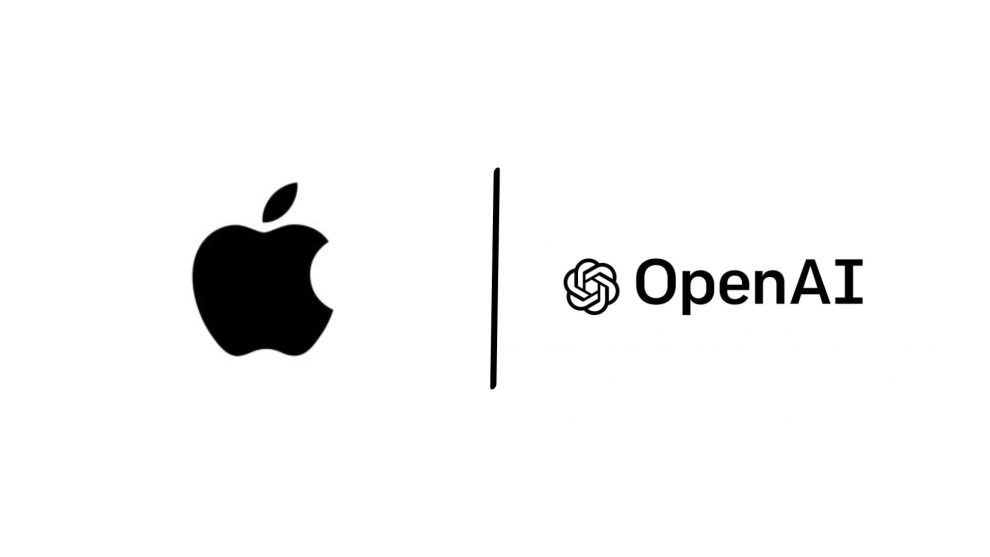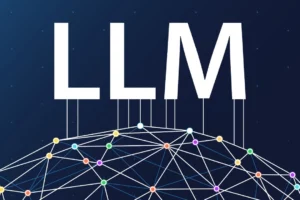Tech giant Apple has reportedly withdrawn from discussions to participate in OpenAI’s monumental $6.5 billion funding round. This decision, revealed by sources close to the matter, marks a significant shift in the landscape of artificial intelligence investment and raises questions about the future of AI collaborations in Silicon Valley.
As I stand outside OpenAI’s sleek headquarters in San Francisco, there’s a palpable sense of excitement in the air. Tech enthusiasts and investors alike are buzzing with speculation about the company’s latest funding round, which could potentially value the AI startup at a staggering $150 billion.
“This isn’t just another funding round,” explains Sarah Chen, a veteran tech analyst I met at a nearby coffee shop. “We’re witnessing a pivotal moment in the commercialization of AI. The stakes have never been higher.”
Apple’s decision to step back from the funding talks has sent ripples through the tech community. Known for its cautious approach to external investments, Apple’s potential participation had raised eyebrows and sparked intense speculation about its AI strategy.
John Smith, a former Apple executive I managed to catch for a quick comment, offers his perspective: “Apple’s involvement would have been unprecedented. Their withdrawal suggests they might be focusing on developing AI capabilities in-house rather than relying on external partnerships.”
While Apple may have bowed out, other tech behemoths are still very much in play. Sources indicate that Microsoft and Nvidia remain in active discussions to participate in the funding round.
Microsoft’s expected $1 billion investment, on top of their existing $13 billion stake, shows their unwavering commitment to OpenAI’s vision,” notes Emma Rodriguez, a tech investment strategist I interviewed at a local tech hub. It’s a clear signal that they see OpenAI as a cornerstone of their AI strategy.
OpenAI’s potential $150 billion valuation represents a dramatic leap from its $86 billion valuation earlier this year. This meteoric rise reflects the growing confidence in AI’s transformative potential across industries.
Hannah Chelkowski, co-founder and general partner at Blank Ventures, whom I reached via video call, shares her insights: “We’re seeing a consolidation of capital around clear winners in the general LLM [large language model] space — OpenAI, Perplexity, Mistral, LLaMA. This funding round further cements OpenAI’s position as a leader in this space.”
As I walk through San Francisco’s bustling financial district, conversations about AI’s impact on various sectors are impossible to ignore. From retail to finance to healthcare, the potential applications of advanced AI are vast and transformative.
Mark Thompson, a retail tech consultant I bumped into at a local tech meetup, enthusiastically explains: “Imagine walking into a store where AI-powered chatbots offer personalized shopping experiences tailored to your preferences and past purchases. That’s the future we’re heading towards, and OpenAI is at the forefront of making it a reality.”
In the financial sector, the excitement is equally palpable. Lisa Chen, a fintech startup founder I interviewed, shares her vision: “AI will revolutionize everything from fraud detection to algorithmic trading. The companies that successfully leverage OpenAI’s technology will have a massive competitive advantage.”
OpenAI’s massive funding round is likely to intensify the already fierce competition in the AI space. As I observe a group of young entrepreneurs pitching their AI startups at a nearby incubator, it’s clear that the race for AI supremacy is in full swing.
“This funding round is like a starting gun,” says Alex Wong, a venture capitalist specializing in AI investments. We’re going to see an explosion of AI-powered products and services across every imaginable sector. The next few years will be critical in determining who comes out on top.
Amidst the excitement, concerns about the ethical implications of advanced AI linger. As night falls over San Francisco, I attend a panel discussion on AI ethics at a local university.
Dr. James Lee, an AI ethics researcher, offers a sobering perspective: “As we rush towards this AI-powered future, we must not lose sight of the potential societal impacts. The companies leading this charge, like OpenAI, have a responsibility to ensure their technologies are developed and deployed ethically.”
As the sun sets on another day in the heart of the tech world, the implications of OpenAI’s funding round and Apple’s withdrawal continue to reverberate. This moment marks not just a significant milestone for OpenAI, but a turning point in the broader AI landscape.
The coming months and years will likely see an acceleration of AI development and adoption across industries. While Apple’s decision to step back raises questions about their AI strategy, the continued interest from giants like Microsoft and Nvidia underscores the immense potential and high stakes in the AI race.
OpenAI’s $6.5 billion funding round, even without Apple’s participation, stands as a testament to the transformative potential of AI. As the technology continues to evolve and reshape our world, all eyes will be on OpenAI and its competitors to see who will lead us into this brave new AI-powered future.
















Add Comment